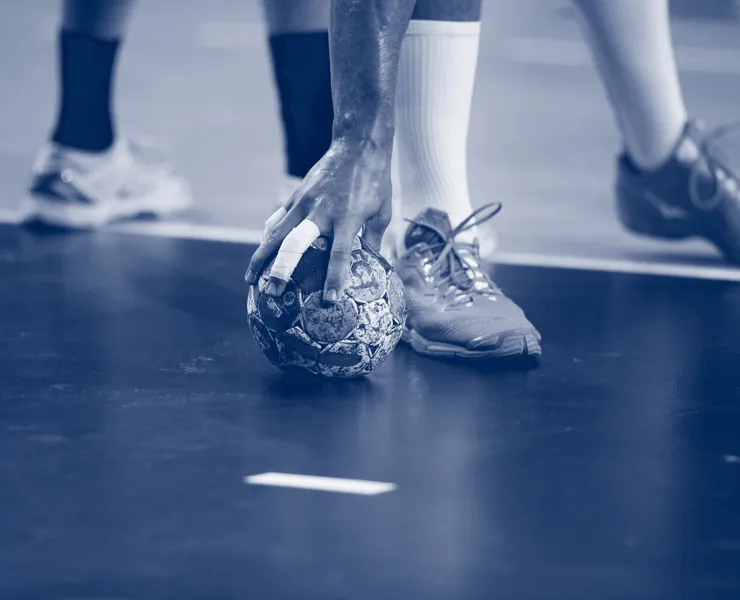Omar immediately raises one of the most interesting points of PSG’s game — speed. Specifically, he works alongside a player who has weaponised speed in his own way: Luc Steins. How did arriving at PSG and playing alongside Steins influence Omar’s game?
“Luc is really incredibly fast. I think the first month I had to really get to know how he plays because he's so fast, and he's always running everywhere and then he pushes me to run more, so I broke my hamstring after the first month,” laughs Omar.
“But OK, now I'm used to how he plays. He does more the running for the others, I see. When you have a really fast guy, then not all of the guys around him have to move too much.”
The goal of becoming a bit lighter to increase his speed and endurance is an interesting one, reflecting how handball has been changing even in the years Omar has been in Europe. On arrival in Hungary, he was doing the opposite — increasing muscle mass.
“When I arrived in Veszprém, my first year, the guys around me were [Blaz] Blagotinsek, [Mirsad] Terzic,” recalls Omar. “I remember the coach saying, ‘backs, you have to be over 100 kilos. There's not a chance that you can play this kind of game without having the muscular load to keep up with the guys in defence.’ So, that was the goal — the goal was to train as much as possible to get stronger, to have the power to go against these guys every day. Training with them, it was really a privilege. It helped me a lot in this period.
“But now, I feel like the handball has changed more. Now it's more the lighter players or the faster players who are having, like, let's say better form.
“Now everybody knows how to go high up. All the players are fast enough to fight,” says Omar. “You have to have the ability to make the one-against-one, to run, to make the crosses for others. If not, if you don't have this, let's say, footwork, it’s hard to be helpful nowadays.”

















